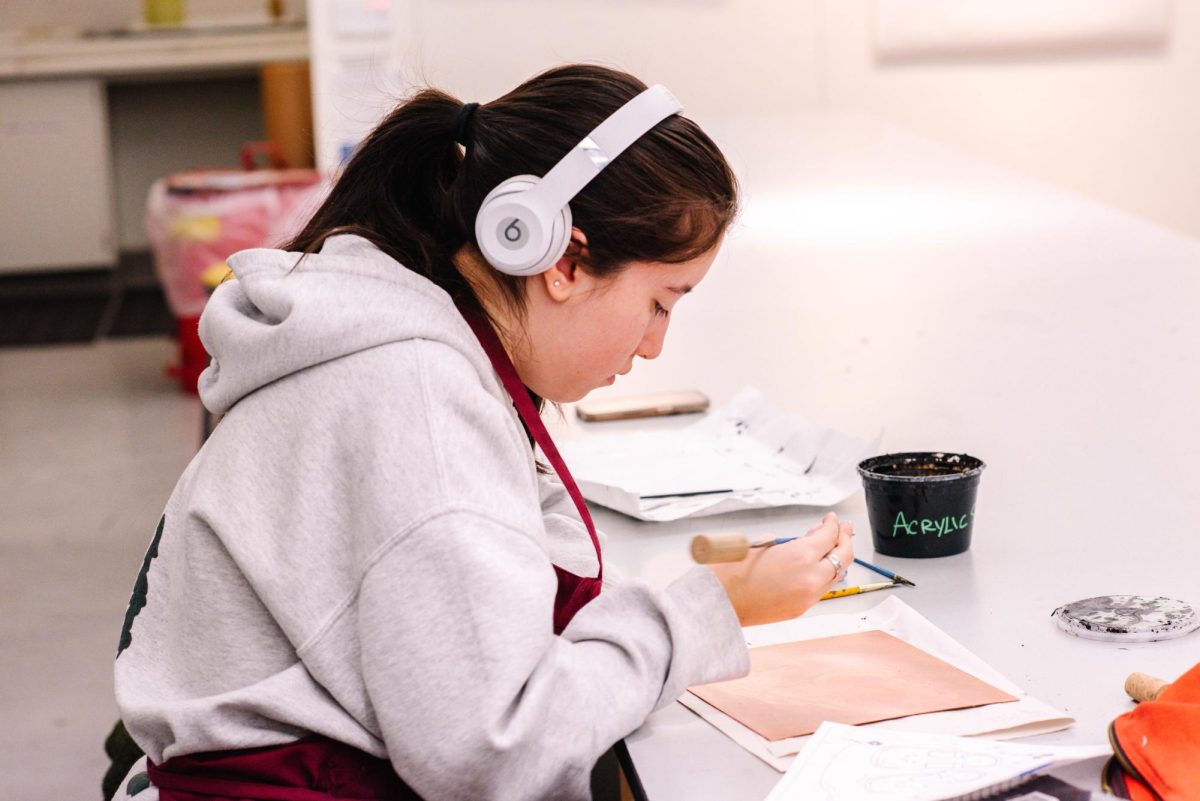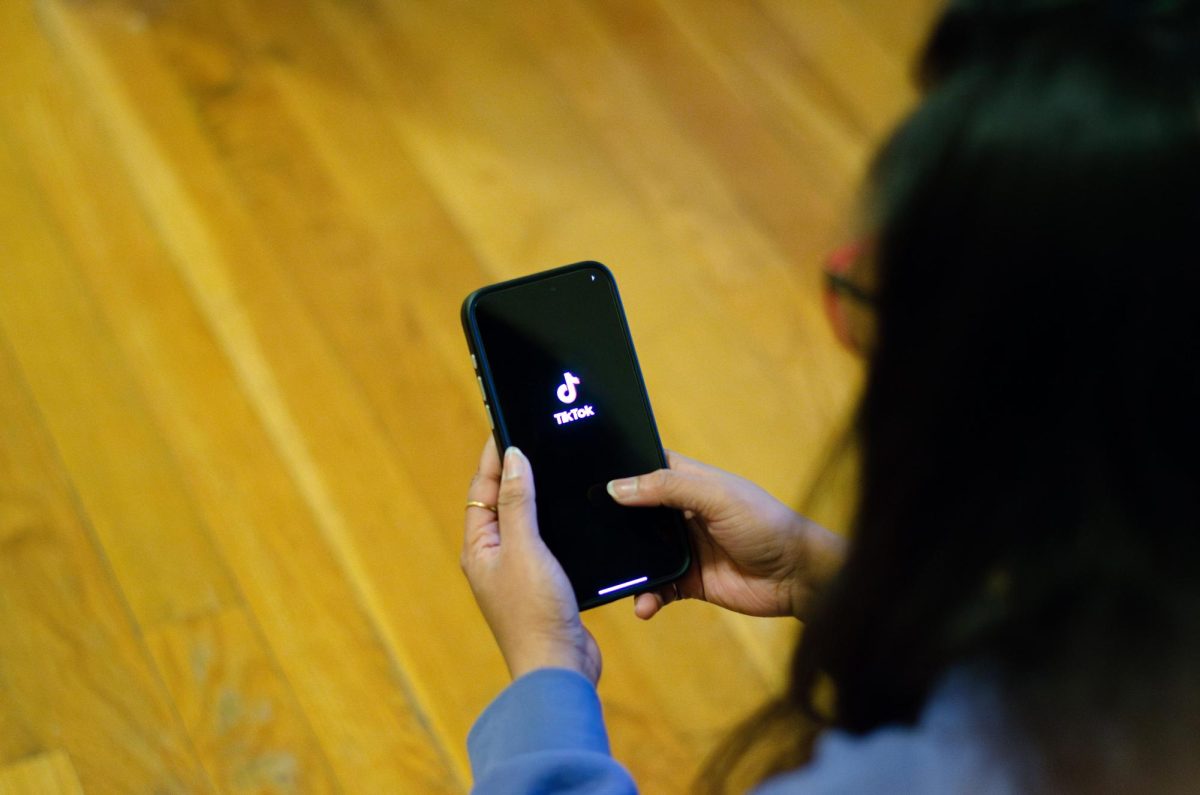$23,000 for Senate Outreach Explained
November 27, 2007
As reported in the Oct. 8 issue of the Mass Media, the Undergraduate Student Senate recently appropriated $100,000 from their carry-forward fund. $70,000 of this was used to complete the funding for the clubs and centers for the 2007-2008 academic year. An additional $7,000 was used to fund the position of a Senate secretary in order to help reduce the workload for senators and help the senate body run more effectively and efficiently.The remaining $23,000 was appropriated by the Senate, which has caused some members to raise concerns about how the funds were obtained and what they would be used for.Senator Terral Ainooson, who is also the coordinator for Casa Latina, worries that the Senate is held to a different standard than other student organizations at UMass Boston.”As part of the new budgeting systems, all clubs and centers were required to send their yearly budget to the SEOC,” Ainooson said. “These budgets were scrutinized and many cuts were made so that there could be no waste of these funds. My question is, why is it that the Senate allocated $23,000 to themselves without meeting any of these requirements? “I believe that the senate has a right to request money, as does any other student organization,” Ainoosin continued, “but they must adhere to the same rules as everyone else. Just because the senate acts as a governing body it does not give them the right to break the rules or make exceptions for themselves. It is student money that is being used and it must be put to proper use.”While he is sure that the money will be put to proper use, the senator just wants to be assured that the checks and balances that apply to everyone else also apply to the Senate.Student Senate President Juana Matias responded by pointing out that the Senate does need a certain amount of capital to operate effectively.”In my opinion, no representative body can excel in its duties without an operating budget of its own,” Matias said. “The senate needs these resources to effectively represent the interests of the 9,000 students who are currently enrolled at UMass Boston. The bulk of the money that was approved for the Senate will be used primarily for outreach.”She argued that the outreach is for the “many students on campus” who do not know of the Senate’s existence, and that it cannot effectively do its job as an advocate for students’ needs if it does not know what those needs are.Matias also said that in order for the senate to do what it needs, it requires the use of a lot of paper and printing-costs that the Senate must pay for itself. The bi-weekly general meetings alone require the printing of 45 agendas, which can run between 10 and 25 pages each.Matias addressed the concerns about a lack of checks and balances for senate appropriations saying that the Senate should not be held to the same standards as other student organization because of the vast differences in the goals of the bodies. “Comparing the Senate to centers is like comparing oranges to apples,” she said. “The scope of the Senate’s responsibilities are far greater than that of centers, and so is the size of the Senate’s constituency, which includes all centers, all clubs, as well as all those students on this campus who belong to neither.”























































